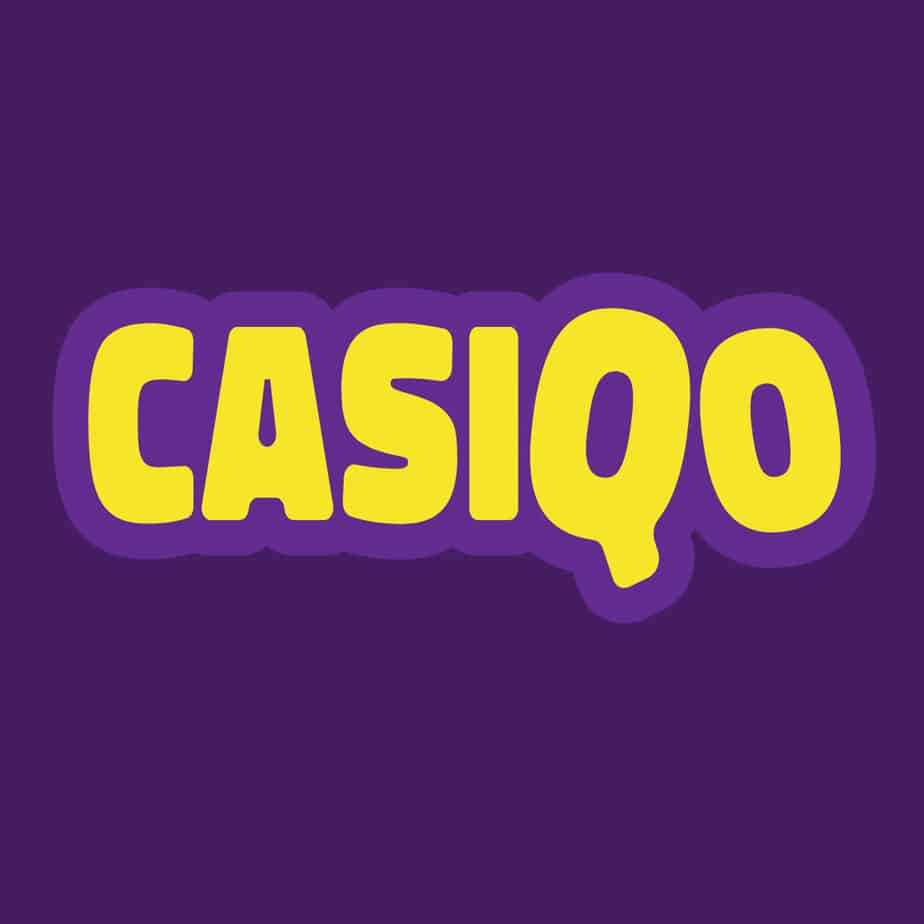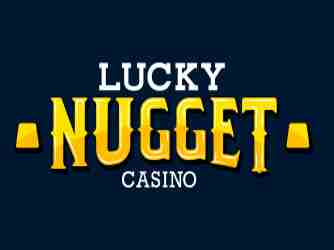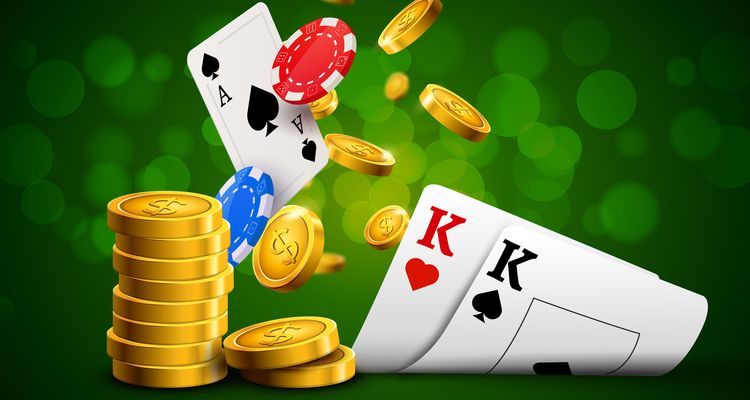Author: Daniel King | Posted on: 2021-04-22 | Last updated on: 2021-09-22
Casino has grown quite popular in North American and European countries. While many individuals argue that the game originated in Italy, the earliest records date the game back to England of all places. Similar fishing games such as Scopa are of Italian origin, however. Also, the game became popular in North America with the creation of many new Casino variants.


Welcome bonus
No bonuses
No bonuses
Bonus
A lot of Games


Welcome Bonus
100% bonus up to 3000 CAD + 100 FS
3000 CAD + 100 FS
Bonus
A lot of Games


Welcome Bonus
150% bonus up to 200 CAD
200 CAD
Bonus
Slots Casino


Welcome Bonus
100% bonus up to 571.5 CAD + 155 FS
571.5 CAD
Bonus
Best New Casino


Welcome Bonus
100% bonus up to 1000 CAD
1000 CAD
Bonus
A lot of Games
Two (2) to four (4) Players
While the game initially asks for a limited number of players, some game variants suggest that games with an even number of players can be played in teams or groups.
A deck of standard playing cards.
Jokers must be removed for an entire deck of fifty-two (52) playing cards.
To win the game, players must accumulate a total of twenty-one points. In order to gain points, players will need to match cards from their hands to a community card on the table.
These can be matched and paired in a variety of ways, as listed below. While it can be pretty easy to learn how to play casino, the one difficulty most new players have is memorizing the various rules and methods to be applied when performing more complex actions such as ‘building’ or ‘trailing.
Unlike many alternative card games, each card’s value is unimportant in regards to the point system. While certain cards may be worth more points -as listed below- this is not the type of game where a King would be more sought out than a Jack. Your objective as the player is to collect as many cards as possible and keep an eye out for sets that are worth more points.
Once the round has finished, players will tally up the cards in the pile and points are distributed as follows:

At the start of the game, whoever has appointed the dealer shuffles the deck and gives each player four cards. Four cards are then placed face-up in the centre of the table, and the remaining cards are set aside for the time being.
It is common among games to deal out the cards in sets of two, with two going to the players, two going to the board before dealing out a final two to the players and the board. The remainder of the deck is then distributed throughout the game by the dealer, so each player has four cards in hand remain at the beginning of each round.
The first round starts with the player seated to the left of the dealer making the first move. Each player will use one card from their hand to try and ‘capture’ as many face-up cards as possible. Players can pair cards in their hands with cards on the boards to capture them. In an attempt to capture more cards, players can ‘build’ sets.
Once again, if you are just learning how to play casino, this may be a little tricky. These include using cards from your hand to increase the value of cards on the table to capture and add to your pile. To capture a card from the table, players must perform one of the six tasks:
You are playing a card from your hand that has the same numerical value as one or more cards on the table. Alternatively, you can capture cards that equal your card’s total by ‘building’ as outlined below. (ie. Matching a Six from your with a Six on the table.)
If a numerical card is played, it can be used to capture or ‘build on’ multiple numerical cards. Players must announce what they are building beforehand and must have the card to make this capture. For example, if a player who is learning how to play casino has a six in their hand, they can begin to use cards from their hand and on the table to ‘build’ a six as you cannot make a build with just cards that are on the table.
Single builds include using two or more cards to equate to one set. A set equates to the value of your hand card. Alternatively, Multiple builds can be made to create more than one set.
Once a player has begun to build on a card, they cannot capture these cards until their next available turn – allowing other players to make onto this set or capture the cards if they obtain the same value card.
As previously mentioned, other players will have the opportunity to build on top of builds another player has started. If you are just learning how to play casino and are unsure about building, players can pick a card from their hand to add to a set of cards to create the total of the numerical card the player has in their hand.
For example, the original player may announce that they are building a Six and place a Three on top of a Two. The Following Player can then add another Two and announce that they are making an 8.
To capture a build, a player must have a card of the same numerical value as the player who begun the shape. This includes if another player has added cards to an already established set and announces that they are building a different number.
If any player cannot capture a card, they can choose to discard a card to the centre table – effectively allowing other players to capture it.
After every player has made their first move, the dealer replenishes everyone’s hand, so each player has 4 cards yet again.
With the basic rules and objectives out of the way for those still learning how to play casino, it’s time to explore the different available game variations. It was the creation of these variations that lead to its popularity in North America. These adaptations can vary between alternative rules or scoring.
A sweep is declared when a player manages to claim all the face-up cards on the table. Depending on the game, performing a Sweep may deem the player an additional point.
The previous rules still apply to a royal casino. However, face cards now share a numerical value. Like other card games, Kings represent the number Thirteen, Queens represent Twelve, Jacks represent Eleven, and finally, Aces can represent One or Fourteen. On top of that, Royal Casino also follows the same rules as the variation called sweep – outlined above.
All the previous variations established in Royal Casino apply to Buckeye Casino, and besides, the ‘The Big Casino’ holds two new values, Ten and Eleven.
In this variation, Face Cards may be paired and built up much like the numerical cards. After a round, any cards left on the table are dubbed ‘Orphan Cards’ and are thereby collected by whoever captured the previous card.
Face Cards is a type of scoring variant similar to Trailing Royals that allows players to collect all face cards simultaneously, preventing there being any ‘orphaned’ cards at the end of the round.

In this variation, any pairs placed down on the table can be automatically claimed by the first player – even if the said player does not have a similar card in their hand. Neither of these cards may be built upon at any time within the game.
In this instance, an optional move called a ‘Pluck’ is added. When new cards are dealt, players can optionally ‘pluck’ a card and add it to their deck either before or after making the initial move with their cards. Players cannot Pluck Aces, Big Casinos, or Little Casinos, nor can a card be Plucked if it is the last card on the table.
In this case, Diamond is played with a forty-pack of cards instead of the fifty-two in standard Casino. Players are dealt three cards each while four are placed face-up on the table. Players are given an additional point to capture all the aces in the deck and an additional point to capture the seven diamonds.
Callabra consists of all players being dealt three cards, with five going to the table. Jacks are now worth eleven points. Queens are worth twelve, and Kings are worth thirteen. The game only ends once all the cards have been cleared from the table.
Each player is given six cards instead of the usual four. Also, any player with a jack may use it to capture all the cards on the table. Once the round has finished, players can score points for claiming the most cards and gain two points if they have obtained any face cards.
Each time a player makes a move, they can draw a card to replace the one in their hand immediately instead of waiting for the end of the round.
Before you place wagers at any Canadian casino of your choice, start by setting aside real cash you can comfortably lose without flinching a muscle. Doing this ensures that you gamble responsibly without making bets that don't accentuate your casino bankroll.
Featuring an RNG (Random Number Generator) necessary in churning out random outcomes, it's safe to say that all casino games, irrespective of category, have foundations on pure luck to make winnings. However, players can employ different strategies to beat certain games.
While some individuals believe that casino play is useless due to numerous losses, this assumption isn't entirely true. Although Canucks might lose money occasionally, trying out these games make up for a fun-filled and memorable experience. Many players see casinos as a source of entertainment, with winnings, an extra to the pre-existing excitement. At casinos, the loss of real money is just a "cost" of entertainment.
Deciding to tip or not is entirely up to you as there's no caveat prompting players to do so without their free will. However, in some Canadian casinos, leaving a tip after a huge win is very much considered standard practice, but it still boils down to you. That said, make sure you tip when the dealer has contributed positively to your casino experience.
In casino terms, the house edge defines the arithmetic advantage present in all game offerings at any given casino. It's usually in the form of percentages and gives players an insight into the "expected loss" ratio they should expect when wagering real money.